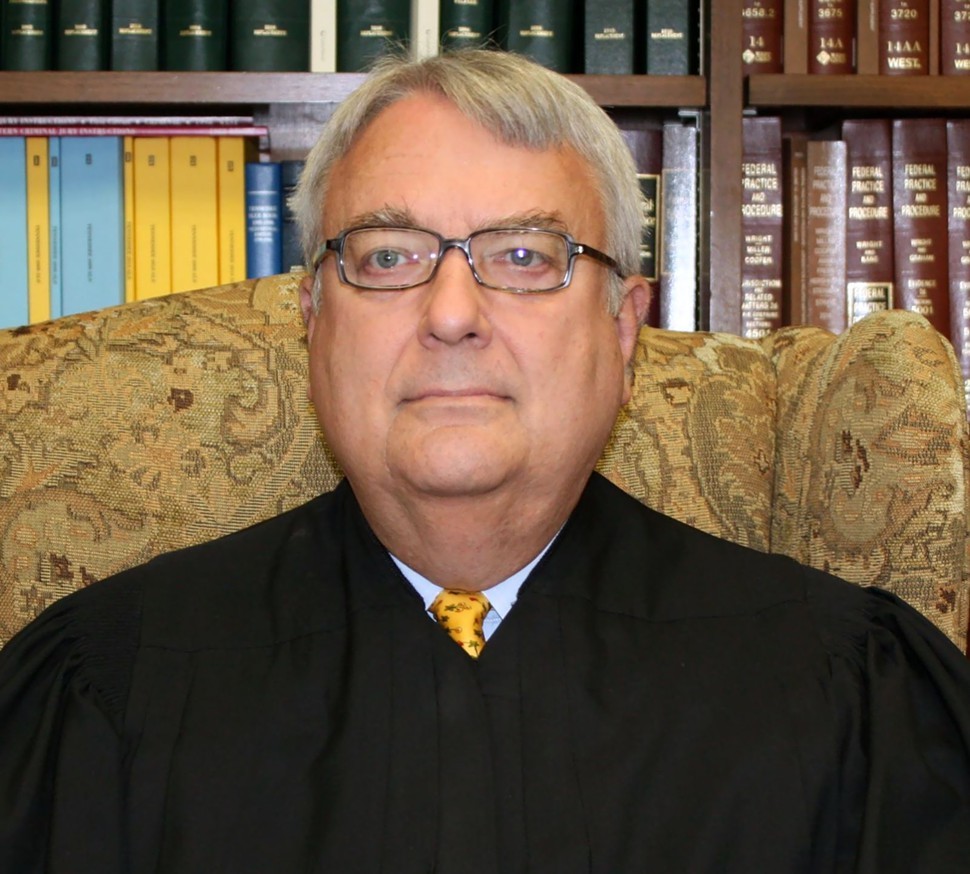The courtroom was packed, the lawyers were numerous, the media attentive, the judge most able, the issue most weighty.
The main part of the decision was clear: Judge Hardy Mays decided not to stop the August 2nd election that will decide whether suburban municipalities go forward with separate school systems. The Shelby County Commission sought to stop the election on the grounds that the state law passed earlier this year violates the state constitution.
Mays, however, did not answer the constitutional question. He only said the election can proceed.
He concluded the long day with a 40-minute monologue that was a rare live demonstration of judicial thinking on an issue of great public interest and importance. There was just one thing missing: volume. No one could clearly hear either Mays or the half dozen attorneys who spoke to him.
To be blunt, Mays was guilty of low talking and mumbling. “Your honor, could you speak up,” would have been on point, but lawyers don’t say such things. Attorney Leo Bearman, representing the county commission, took a seat in the jury box to hear better. The rest of us mortals could only lean forward, strain, cup our ears, and guess.
The testimony was confusing enough. A lot of it had to do not with Shelby County and Memphis but with Gibson and Carroll counties and whether the new law on starting municipal school systems applies to them. Bearman and Attorney Allan Wade argued that the state law was clearly aimed strictly at Shelby County, which would make it unconstitutional. Tom Cates, representing the suburbs, said the law conceivably could apply to the two smaller counties as well as Shelby County. John Ryder, representing the Election Commission, argued that the show should go on, and if Mays were to later decide there is a constitutional flaw in the law, he could undo it before the results are certified on August 20th.
That possibility remains open.
“I don’t think it’s game over,” said school board member David Pickler, a sentiment seconded by Wade who is on the other side.
Mays, who started promptly at 9:30 a.m. and frequently kept the mood pleasant by making jokes that everyone smiling or chuckling (or asking “what’d he say?”), clearly showed the strain of the issue. Early voting starts Friday. He took off his glasses, cupped his face in his hands, squinted, leaned back in his chair, and talked in a soft voice at a time when a booming baritone, or at least a decent working microphone, would have been more appropriate. In his closing monologue, he was obviously thinking aloud, weighing both sides of the case. What was audible sounded very interesting: “I have jurisdiction …. the issue is ripe … there is substantial controversy that warrants declaratory judgment … there must be irreparable harm in a constitutional case … what is the harm here? … it’s one thing to be wrong and be corrected … all of that counsels in favor of restraint … I don’t like the idea of a bunch of (untallied) votes sitting down there.”
Fascinating stuff. I wish I could have heard it and provided some context. In many years of court reporting I have heard many a judge remind a witness to speak up, please. That goes both ways. The right to be heard has more than one meaning. See my colleague Jackson Baker’s report for more details.
